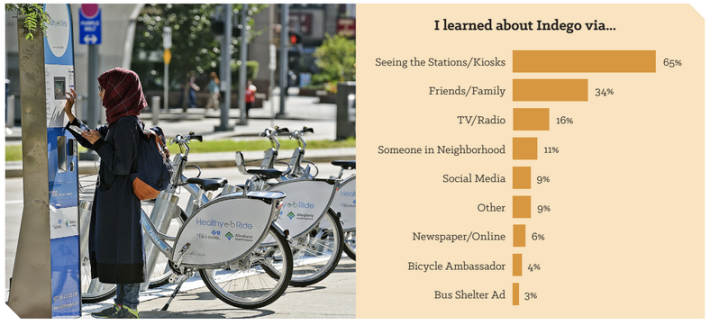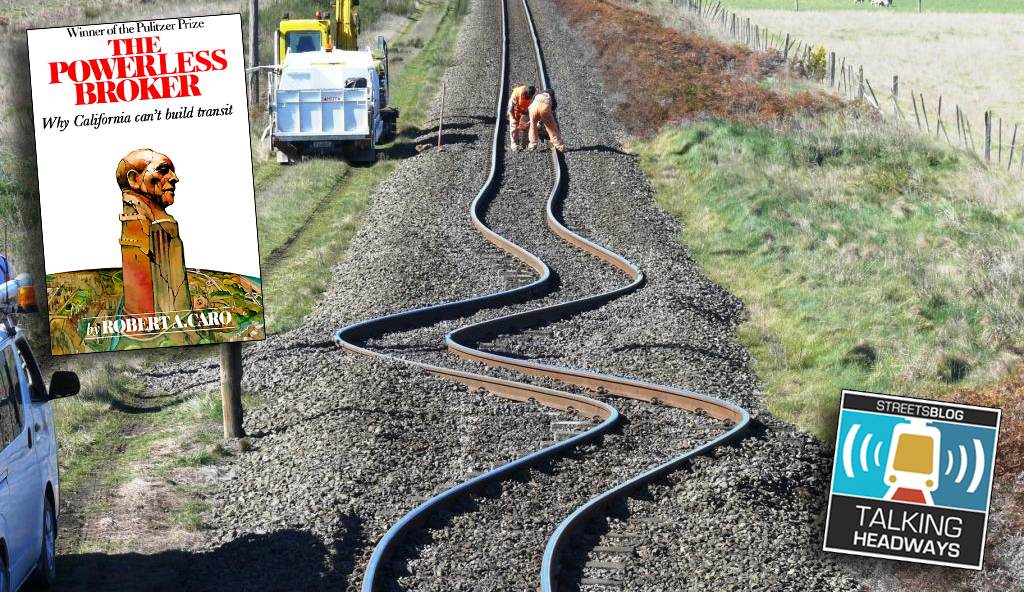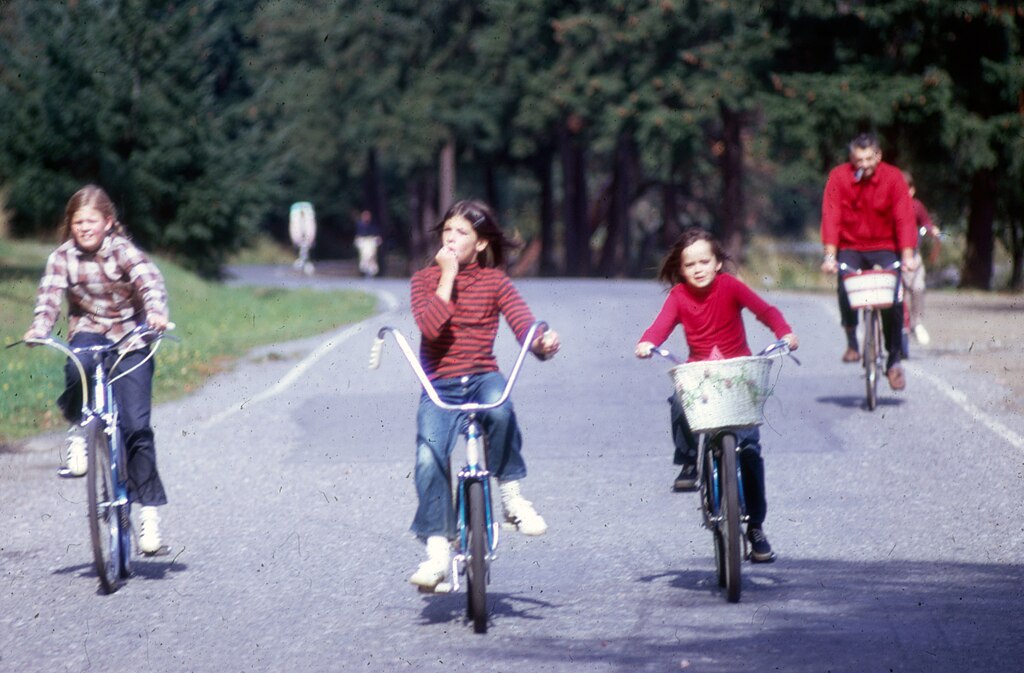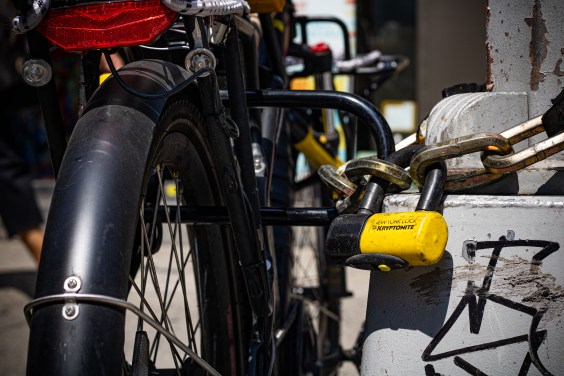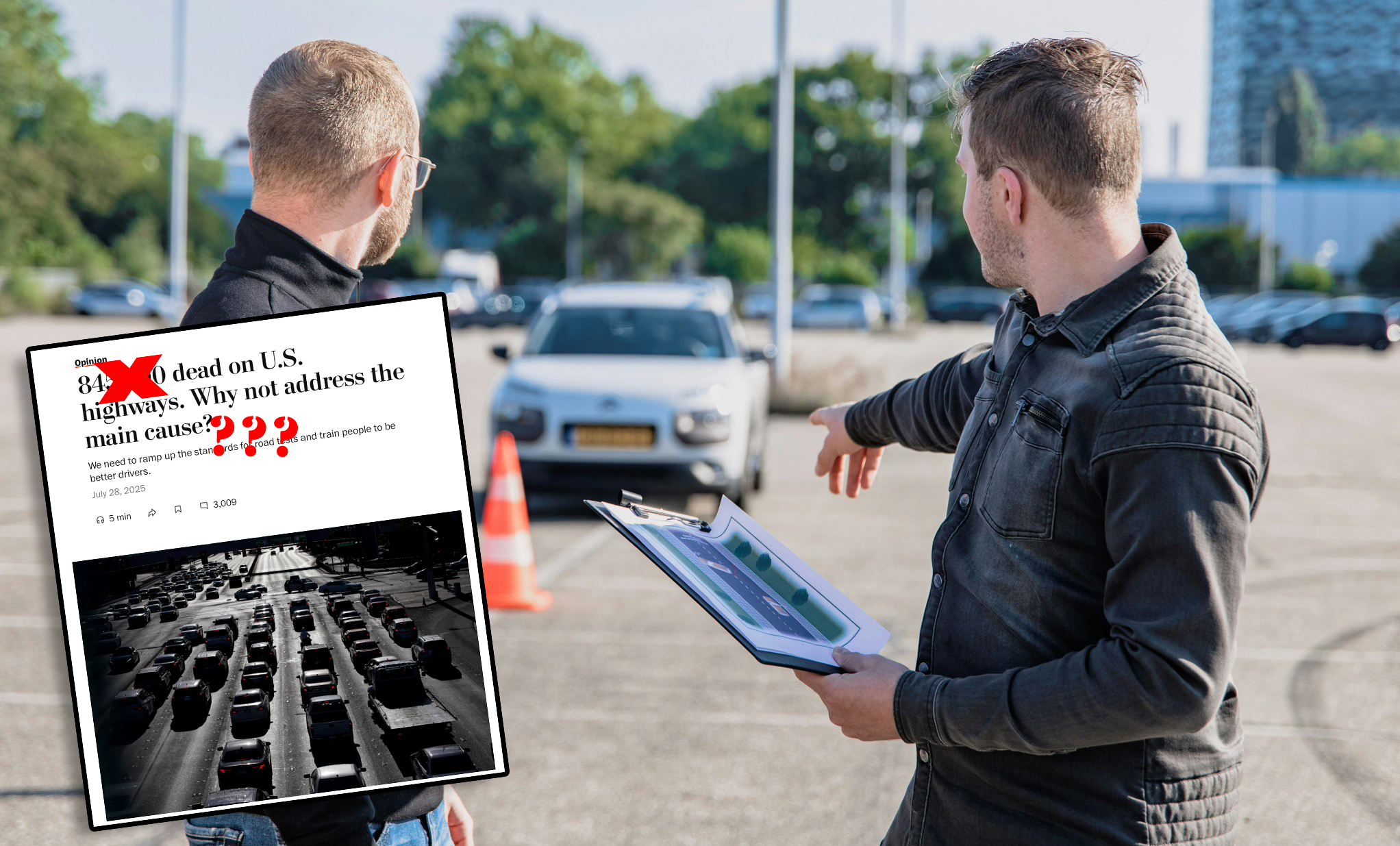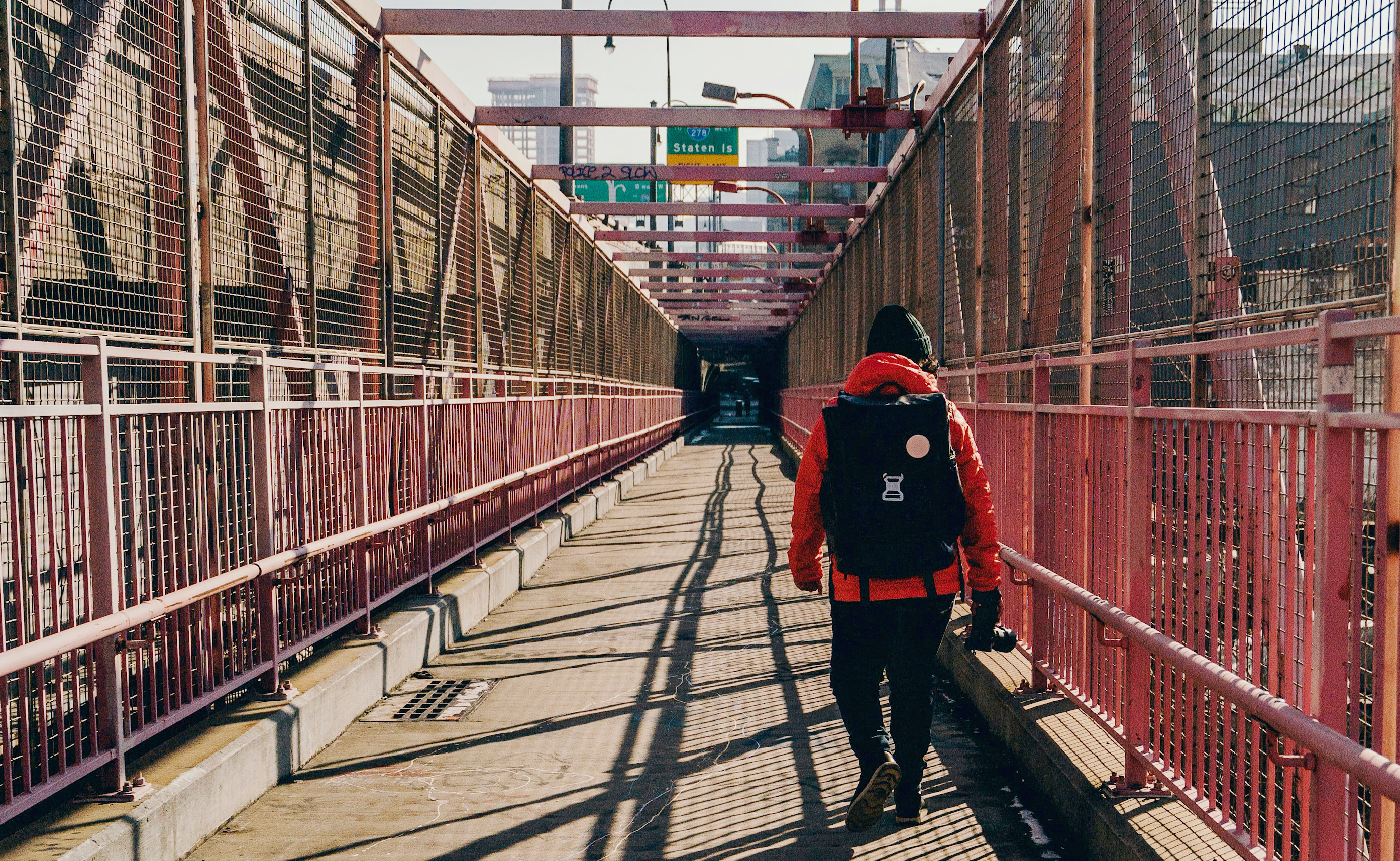
So far, the customer base of American bike-share systems has skewed toward affluent white men. But cities have been working to make the systems more useful and accessible to a broader spectrum of people, and in a new report, the National Association of City Transportation Officials has compiled some of the lessons learned.
Here are a few key takeaways:
The appeal of monthly membership plans
The price of a full 12-month membership can be a barrier for some people. Providing the option of monthly passes or installment plans encourages people across all income levels to try bike-share, NACTO reports.
People who have less predictable personal finances and income benefit from the flexibility of shorter-term memberships, NACTO says. Low-income people are more likely to purchase short-term transit passes, and the same reasoning applies to bike-share.
Although monthly payments can create some uncertainty for bike-share operators, that can be managed with options like auto-renewing monthly passes, NACTO reports. Monthly payments can also serve as a reminder to use the system and boost ridership.
Clearly communicating costs is incredibly important
"Absolute cost is rarely highlighted as a major barrier" in focus groups or anecdotal accounts from bike-share officials, NACTO says. What appears to play a bigger role is uncertainty over what the bike-share service will cost.
A 2012 focus group of Emerson University students found that "the cost of Hubway is not the factor that limits students from using the service, but rather the confusion and inefficient method of making the payments."
Make payment convenient
One factor that's often flagged about bike-share systems is making them accessible to the "unbanked" -- people without credit or debit cards. About 8 percent of Americans are unbanked, though there is a great deal of variation from city to city and neighborhood to neighborhood.
To tackle this problem, Philadelphia offers cash memberships to low-income people. Interestingly, the city found that about a third of people buying cash memberships renewed with credit cards, presumably because it was easier. Still, having the option to make the initial purchase with cash is one less barrier to entry.
Advertise discount membership options on kiosks
Low-income people get most of their information about bike-share directly from the bike-share kiosks, a Philadelphia study found. So if the kiosks only offer informations about daily rates or regular annual rates -- and not special discounts for qualifying groups -- many people will never know those options are available.
In New York City, anecdotal accounts revealed that many low-income people thought the $9.95 daily rate was the only option and weren't aware of the reduced price $60 annual membership.
"Improving the information presented on the kiosk -- both content and graphic layout -- is an important and low-cost way to increase ridership," NACTO reports.
Provide a physical key
Providing members with a key -- the way they do in Philadelphia and Austin -- can serve "as a physical reminder that bike-share is available and shortens time spent getting a bike," NACTO reports.
But if people have to wait too long to receive a key in the mail, that can be a barrier as well. Pronto Bike Share in Seattle can dispense keys for short-term use right from the kiosks.
Make it easy to qualify for membership discounts
Boston is the big national success story on bike-share equity. About 18 percent of its members are low-income, the result, NACTO says, of extensive outreach.
But Boston also makes getting a membership cheap and easy for low-income people. The reduced annual rate is just $5 and Boston does not require those members to prove they qualify for assistance. The program works on the honor system.
Even so, locals don't think the program is being abused. A review of the program found 64 percent of people paying the discount rate are also "on public assistance," NACTO reports.
There must be enough stations in low-income neighborhoods to make it worthwhile
If there are just a few scattered stations in low-income neighborhoods, the system won't provide enough value to low-income people to justify the cost.
Low-income people who do have memberships may use bike-share more than other members
Once low-income people sign up for bike-share, evidence suggests they use it more than affluent subscribers. In Boston last year, low-income men with discounted memberships on average took 18 more trips than men who paid the full cost. And in Philadelphia, cash memberships represent 1 percent of total memberships but 4 percent of trips.

